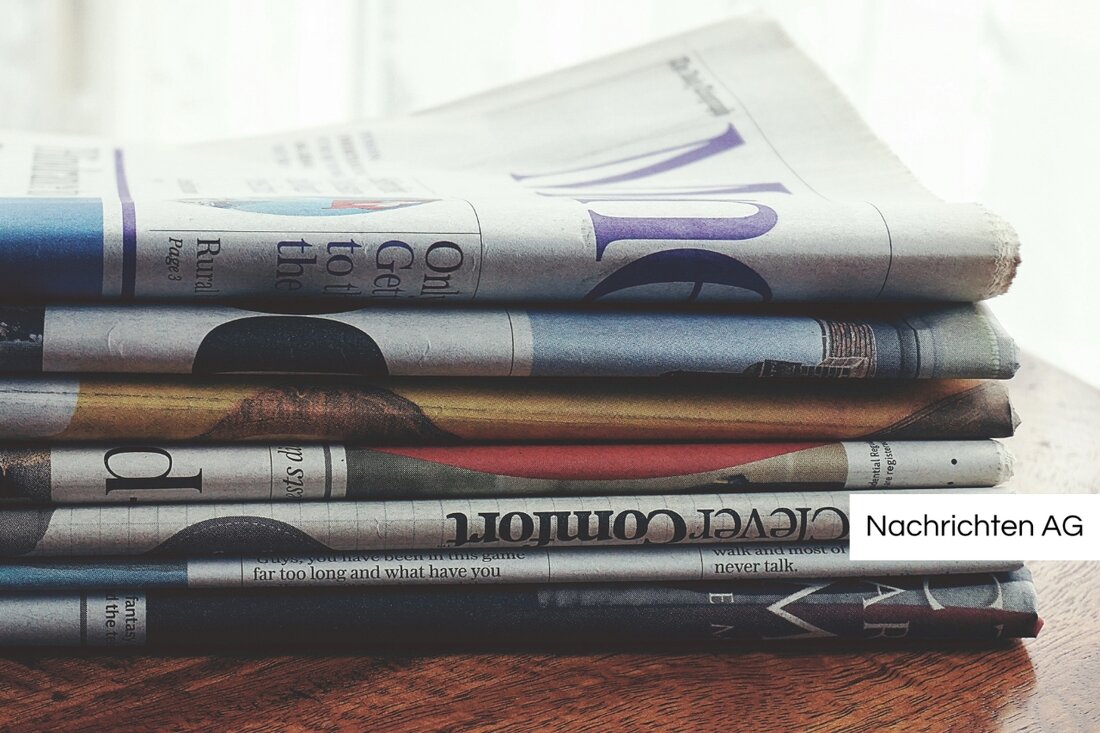Münster celebrates 100 years of quantum physics: insights and experiments for everyone!
The University of Münster will celebrate the 100th anniversary of quantum physics with a series of lectures on April 12, 2025.

Münster celebrates 100 years of quantum physics: insights and experiments for everyone!
2025 will mark the 100th anniversary of quantum physics, a significant event that will appeal to both scientists and the general public. One of the central celebrations is a series of lectures organized by the Physics Department University of Münster is organized. This series is titled “Physics at Lunchtime” and begins April 12, 2025.
The opening lecture will be given by Prof. Dr. Gernot Münster, who illuminates the history of quantum physics from its beginnings with Max Planck's quantum hypothesis in 1900 to quantum mechanics, which was developed by Werner Heisenberg in 1925. The lecture will take place at 12 p.m. in lecture hall F2 of the Fürstenberghaus (Domplatz 20-22). Those interested do not need to register; entry is free.
Interactive experiments and other events
A special highlight of the opening is a live experiment that Dr. Melanie Klein-Bösing is conducting the project in collaboration with students from the Paulinum high school. The wave-particle duality is clearly conveyed here. In addition, an interactive hands-on stand entitled “Be A Quantum Star” will be offered, organized by the “MexLab Physics” experimental laboratory and the “Q.UNI” children’s and youth university. This hands-on stand invites both children and adults to actively immerse themselves in the fascinating world of quantum physics.
The lecture series offers important topics related to quantum physics. After the start, further lectures are planned:
- 10. Mai: „Bose-Einstein-Kondensation“ (Prof. Dr. Sergei Demokritov)
- 21. Juni: „Quantenphysik im frühen Universum“ (Prof. Dr. Kai Schmitz)
- 5. Juli: „Die 2. Quantenrevolution – wie Quantentechnologien neue Computer und sichere Kommunikation ermöglichen“ (Prof. Dr. Carsten Schuck)
International celebrations
The celebrations for the 100th anniversary of quantum mechanics are not only visible in Germany. The Max Planck Society opens the International Year of Quantum Science and Technology in Paris on February 4, 2025. The German Physical Society will also take part in these celebrations.
Quantum mechanics is inextricably linked to the names of Max Planck and Werner Heisenberg. Without quantum mechanical principles, many of our modern technologies, such as computers and smartphones, would not be possible. Max Planck postulated as early as 1900 that the energy of light is quantized, and quantum mechanics describes the behavior of atoms and their interactions with light, including the fact that electrons are in orbitals rather than in fixed orbits.
Today, research in the field of quantum mechanics is diverse and ranges from quantum computers to quantum gravity. Recent achievements include Ferenc Krausz being awarded the 2023 Nobel Prize in Physics for his groundbreaking work in the field of laser pulses. The Max Planck Institutes are also planning numerous events in 2025, including lectures and special events for students, to bring the fascination of quantum physics to a wider audience.

 Suche
Suche
 Mein Konto
Mein Konto